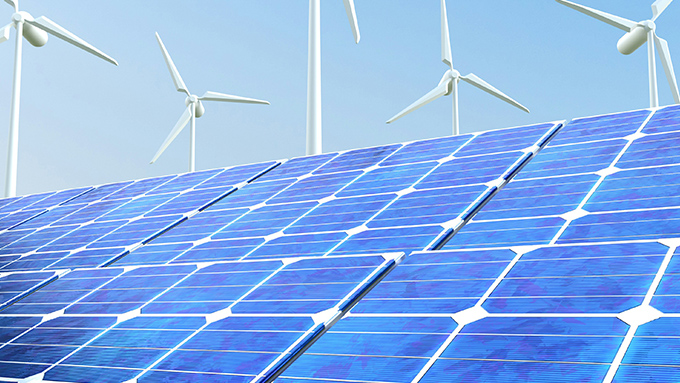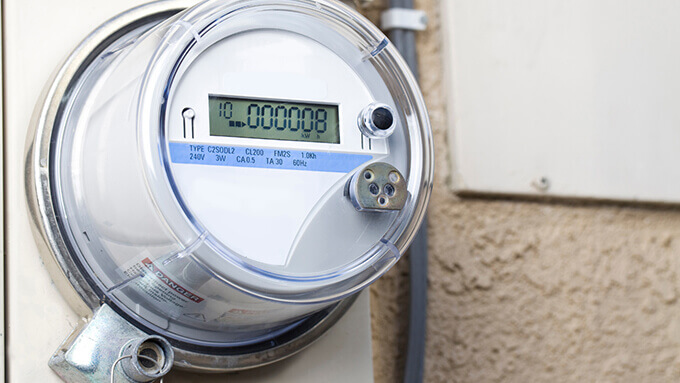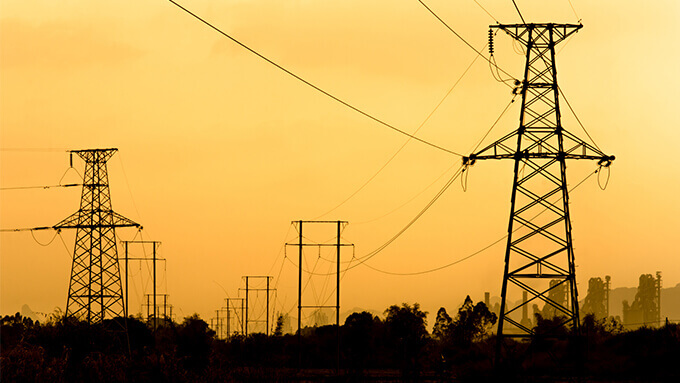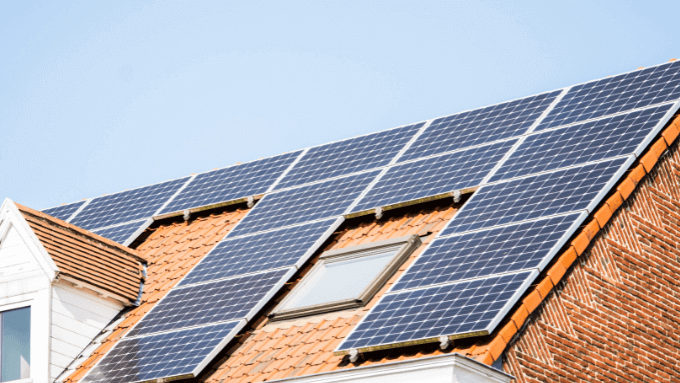Key Points Regarding The Draft Regulation On Renewable Energy Resource Areas
Introduction
With the intention of finalizing the investments on renewable energy resources in due time with the contribution of state incentives regarding locally produced equipment, the Draft Regulation on Renewable Energy Resource Areas prepared with the purpose of annulling the Regulation on Determination, Evaluation, Protection and Utilization of Renewable Energy Resource Areas in relation to Electricity Generation published in Official Gazette dated 27 November 2013 and numbered 28834 was published. The purpose of Draft Regulation on Renewable Energy Resource Areas (“Draft”) is to provide the productive utilization of resources, completion of investments efficiently and domestically, and procurement of equipment to be used in electricity generation facilities, by establishing large-scaled energy resource areas on the lands allocated that are public, treasury and private properties. This newsletter article examines the provisions of the Draft Regulation in question.
Principles and Criteria Concerning the Determination and Grading of RESAs
Pursuant to Article No. 5 of the Draft, technical and administrative examinations on the determination of renewable energy resource areas (“RESA”) are conducted by the General Directorate of Renewable Energy ( “General Directorate”). The Ministry of Energy and Natural Resources ( “Ministry”) evaluates RESAs by criteria, such as type, potential and unit electricity cost of the resource, and decides which RESAs will be opened primarily for investment by considering the mentioned principals, as well as the needs of the country.
In consequence of a preliminary examination conducted by the Ministry, if appropriate, the related area will be announced as a RESA within 3 months. Licensed and/or unlicensed electricity generation applications cannot be initiated on a potential RESA. Afterwards, opinions of related institutions will be obtained, and the areas not to be utilized will be determined. Additionally, the General Directorate reserves connection capacity pertaining to the resource area from the Turkish Electricity Transmission Company. The relevant area, following the completion of all technical analyses and measurements, will be announced in the Official Gazette as the final RESA no later than 1 year.
As a result of measurements and other technical studies conducted, if required by the General Directorate for the RESA be ready as an investment, necessary substructure studies, such as feasibility studies, environmental impact assessment regarding the resource area, geological and geotechnical surveys, expropriations, preparation of existing maps, zoning studies, plotting, transportation, electricity transmission substructure studies, may be managed by the General Directorate.
Announcement on Assignment of Right of Usage Applications for RESAs
As per Article No. 6 of the Draft, the announcement on assignment of connection capacity to investors on determined RESAs will be published in the Official Gazette by the Ministry. The Article also determines the required information to be published in the announcement.
Assignment of Right of Usage Applications of RESAs
Article No. 7 of the Draft regulates that the legal entities, who undertake to produce domestic equipment determined by the Ministry, and to use domestically produced goods, are authorized to make application to conduct generation activities on RESAs.
Within this context, applicants must fulfill the conditions determined for pre-license applications under the Electricity Market License Regulation published in the Official Gazette dated 2 November 2013 and numbered 28809. Application will be made to the Ministry by submitting required information and documentation determined by the Ministry.
Competition Procedure
According to Article No. 9, legal entities that have fulfilled the criteria determined and announced by the Ministry are authorized to participate in the competition to be made for assignment of connection capacity of a RESA. Competition will be based on an underbidding basis from the electricity maximum purchase price determined by the Ministry for kilowatt-hour per each RESA.
For the production facilities to be installed on RESAs, the lowest price to be offered over the maximum price, determined by the Ministry for each RESA, not to exceed the total price calculated in accordance with schedules numbered (I) and (II) annexed to Law No. 5346, will be applied during the time period determined in accordance with the competition terms. Any operation cannot be conducted that exceeds the time period determined, or the price offered.
Applications will be sorted by the lowest electricity purchase price, and the applicant who offers the lowest purchase price will be given the right of usage of connection capacity. In the case of equivalent offers, new offers to be given by the companies cannot be higher than the first amount offered.
Legal entities that are entitled to obtain a pre-license will be authorized with the right of connection to the system and will be notified to the EMRA for pre-license granting procedures. Projects awarded to the winning offer will be announced as a RESA following the performance of required evaluations.
On the contrary, to prefer vague and open-ended expressions, such as “reasonable circumstances,” which is found in the cancellation conditions in the 10th sub-paragraph of Article No. 9 of the Draft, itemizing such particular circumstances in the Article would be much more solution-oriented in order to avoid any uncertainty.
Pre-license Process
The pre-license process is regulated under Article No. 10 of the Draft. According to this Article, obtaining a pre-license is obligatory in order to conduct electricity generation activities in RESAs that are to be determined. In cases in which a domestic production condition must be fulfilled, the term of the pre-license cannot exceed 24 months except for force majeure events. During the pre-license granting period, subject to resource type and installed capacity, matters that concern the extension of the pre-license period up to 36 months are regulated by the Board’s decision. The license will be granted for at least 10 years, and at the most 49 years, depending on qualification of the activity.
Within the concept of allocation in consideration of the utilization of domestic goods (“ACUD”), required approvals during pre-license procedures must be completed within 18 months.
Pre-licenses of legal entities that have not fulfilled required studies and operations during the equipment production facilities pre-license period will be cancelled by the EMRA, and the guarantee letter will be recorded as revenue by the Ministry. The most important sanction of a breach of undertakings is that the relevant legal entity, and other legal entities which the shareholders of the mentioned entity are incorporated, are not allowed to participate in other competitions organized by the Ministry.
License process
Article No. 11 of the Draft regulates the license process. According to this Article, utilization of domestic goods in the production area must be confirmed by the Ministry. Afterwards, confirmation by the pre-license holder will be considered that it has fulfilled all obligations under this regulation, and the EMRA will be so notified. In the case of a breach of a domestic goods utilization undertaking in the RESA, the relevant legal entity will be notified in writing. If the mentioned breach is not remedied, the guarantee deposited during the pre-license period will be recorded as revenue, and the license of such legal entity will be cancelled.
The license term for RESAs is 30 years, and at the end of this term, general procedures will be applied in accordance with general terms. However, even if it is determined that the license term for RESAs is 30 years, it is unclear as to the outcome for the remaining period if the applicants are granted 15 years of an electricity generation license. In order to avoid such uncertainties, explanatory statements would be much more beneficial.
Protection and Usage of RESAs
As per Article No. 12 of the Draft, the procedures and principles in relation to protection of RESA are set forth. These are: a. Protection of neutrality and maintainability of the resource to be used in RESAs, b. Obtaining the opinion of the General Directorate at the preparation stage of all projects and plans that may change characteristic features of renewable energy resources, c. Any operation that prevents benefiting from the resource cannot be conducted unless national security or public interest requires otherwise.
Basis and Principles Regarding the Usage of RESAs
Pursuant to Article No. 13 of the Draft, projects with different mechanical powers to be realized on RESAs by parceling, will be assigned to legal entities by the Ministry, or by the institution/establishment authorized by the Ministry with the competition to be made in accordance with Law No. 6446 and the relevant regulations.
Repealed Regulation
According to Article No. 15 of the Draft Regulation, the Regulation on Determination, Evaluation, Protection and Utilization of Renewable Energy Resource Areas in relation to Electricity Generation published in the Official Gazette dated 27 November 2013 and numbered 28834 will be repealed with the entrance into force of this Draft.
Conclusion
The major concern of the investors is that the Draft Regulation has not been properly structured, and may fail to provide the sustainability of the investments. In such uncertain circumstance, the investments cannot be expected to be intense and long-term.
Another expectation of the investors according to the Draft is that the definitions concerning local products, equipment technology criteria in the tender specifications, determination and supervision of local products must be explanatory and clear.
When the subject Draft is reviewed within the aspect of competitive market conditions, in the event that the tenders are allocated between various several large-scaled companies, it brings the concerns of the monopolization of the market and the failure to ensure competitive market standards. According to another view, in order to increase the rates of realization of the projects, the projects should be allocated between several large-scaled investors that meet some specific criteria. Intensifying the Draft with a mechanism supporting the competitive market conditions can whet investors’ appetite to invest in such projects.
The lack of criteria on the distribution of licenses, such as capacity and scale, draws the attention as one of the deficiencies of this Draft. Despite the insurance of this structure, it would make a positive impact on competitive market conditions to allocate some small-scaled projects to investors that have lower potential as to electricity generation.
Even if there are some imperfections and deficiencies on several aspects in the Draft Regulation, the Draft, on the other hand, promises an increase in the capacity of electricity generation by means of local production, productive utilization of resources, and finalization of the investments promptly.
All rights of this article are reserved. This article may not be used, reproduced, copied, published, distributed, or otherwise disseminated without quotation or Erdem & Erdem Law Firm's written consent. Any content created without citing the resource or Erdem & Erdem Law Firm’s written consent is regularly tracked, and legal action will be taken in case of violation.










